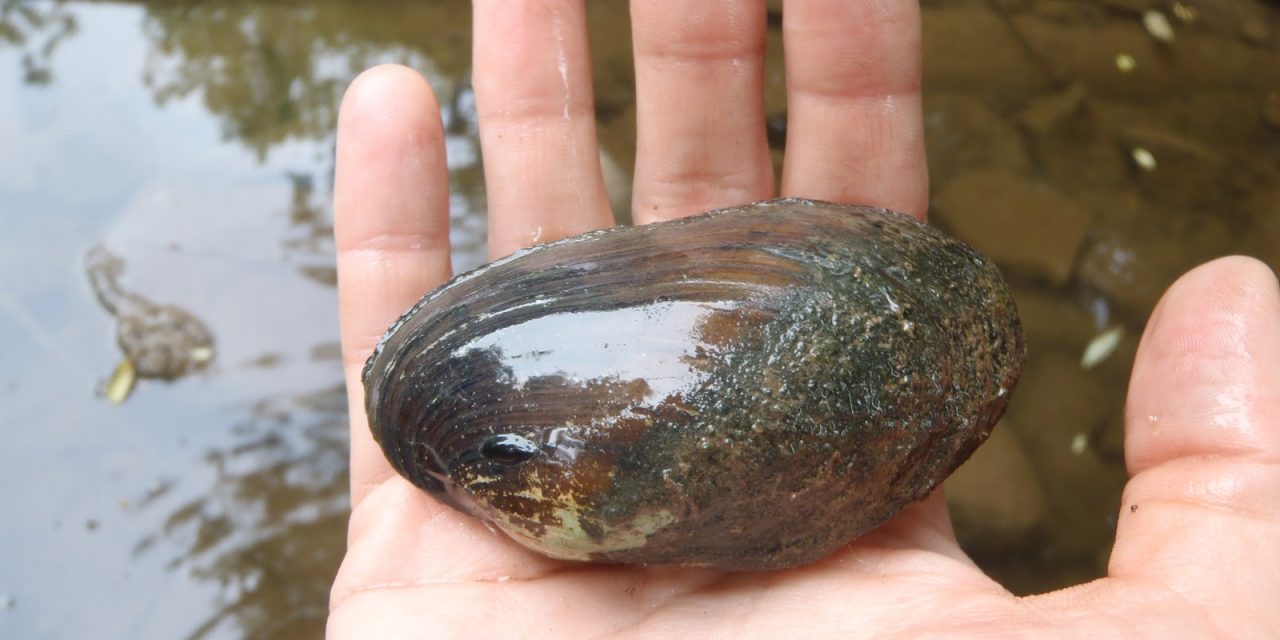Everything about Paul Krugman recent interview with ThinkProgress is true, and everything about it is false. In it, Krugman tells the true story that the decline in coal jobs is the result of the rise of technology. Technology makes the work of individuals more productive, meaning you need fewer workers. Add on to this that we no long dig in mines but rather blow off the top of mountains and scoop out the coal, and we need even fewer people. Thus, Trump’s promise to bring back “coal” is impossible.
However, everything about Krugman’s story is also false. Coal, for much of Appalachia, isn’t about work and jobs but dignity. To explain this, you first need to know about Appalachia’s pearl industry.
As Donald Davis explains in Where There are Mountains: An Environmental History of the Southern Appalachians, most Appalachian lived off the land in the late nineteenth century. They used timber to build their houses and hunted in the woods for food. They planted crops on their farms and used nearby streams for drinking, fishing, and irrigation.
In southwest Virginia and Tennessee, there was also a thriving fresh water mussel population that produced pearls. Appalachians would often gather these up and send them to market. By the early twentieth century, this industry “had grown to a half-a-million dollar enterprise, and Tennessee was considered one of the nation’s six leading state in the marketing of quality pearls.” It was not an easy life, but people made a living, could provide for themselves, and make a little extra money with pearls.
All of this changed with the rise of the timber industry. Foreign corporations bought large swaths of the land to clear cut for timber. The challenge was to find a way to move the timber out from the hills. Since the streams were too narrow, the companies, working with the local governments, built a series of damns and locks that would reroute water and create pathways to move the felled timber out of the hills.
Thus, the timber was stripped away. Appalachians lost material for their homes. Animal habitats were destroyed, so the Appalachians lost a source of food. The streams dried up, killing the fish, undermining farming, and wiping out the mussel population. The pearl industry was so thoroughly destroyed that hardly anyone knows it ever existed.
Without home, without means for survival, overpowered by corporate and political interests, people despaired. Most left the area. For those that remained, the coal industry looked like a blessing. They worked, not believing they would become well off but believing that they might reclaim some dignity by working hard and trying to make a living.
Since coal exploited the miners so relentlessly, why would they keep working for these companies, fighting for them, championing them? Because there was no alternative. The choice people faced was between coal and the feeling of worthlessness. Many chose coal.
As economically as Krugman’s economic analysis of coal is, it misses the truth of what coal means. It is the one symbol for dignity, being respectably employed, and taking care of one’s family. Krugman is correct that the coal mining jobs are decreasing due to technology and efficiency, but this also means decreasing in the populations’ self-worth.
The need for self-worth is powerful, a power that can be seen by the cruelties unleashed in its absence. Without dignity, people often turn in on themselves. Thus, we should not be surprised by the widespread “deaths of despair” in this area, primarily fueled by the opioid epidemic. If people do not turn in on themselves, the lack of dignity causes them to lash out at others. Thus, we should also not be surprised by the racism, sexism, and homophobia that permeates the area.
We need to address economic issues, and people do need jobs. These are not pearls of great price however. People need more. They want to be valued and to contribute. They want to love and to be loved. If we don’t tell this part of the story, if we just describe the world in terms of economics or politics, our true stories become false ones.
It is what, ultimately, I think the gospel is telling us. Instead of putting our faith in corporations or populist demagogues, we are to be turning to the God who is love. We sell all to pursue this true pearl of great price. In this way, our work in the social order will focus on human dignity and, thus, align with God’s will.





